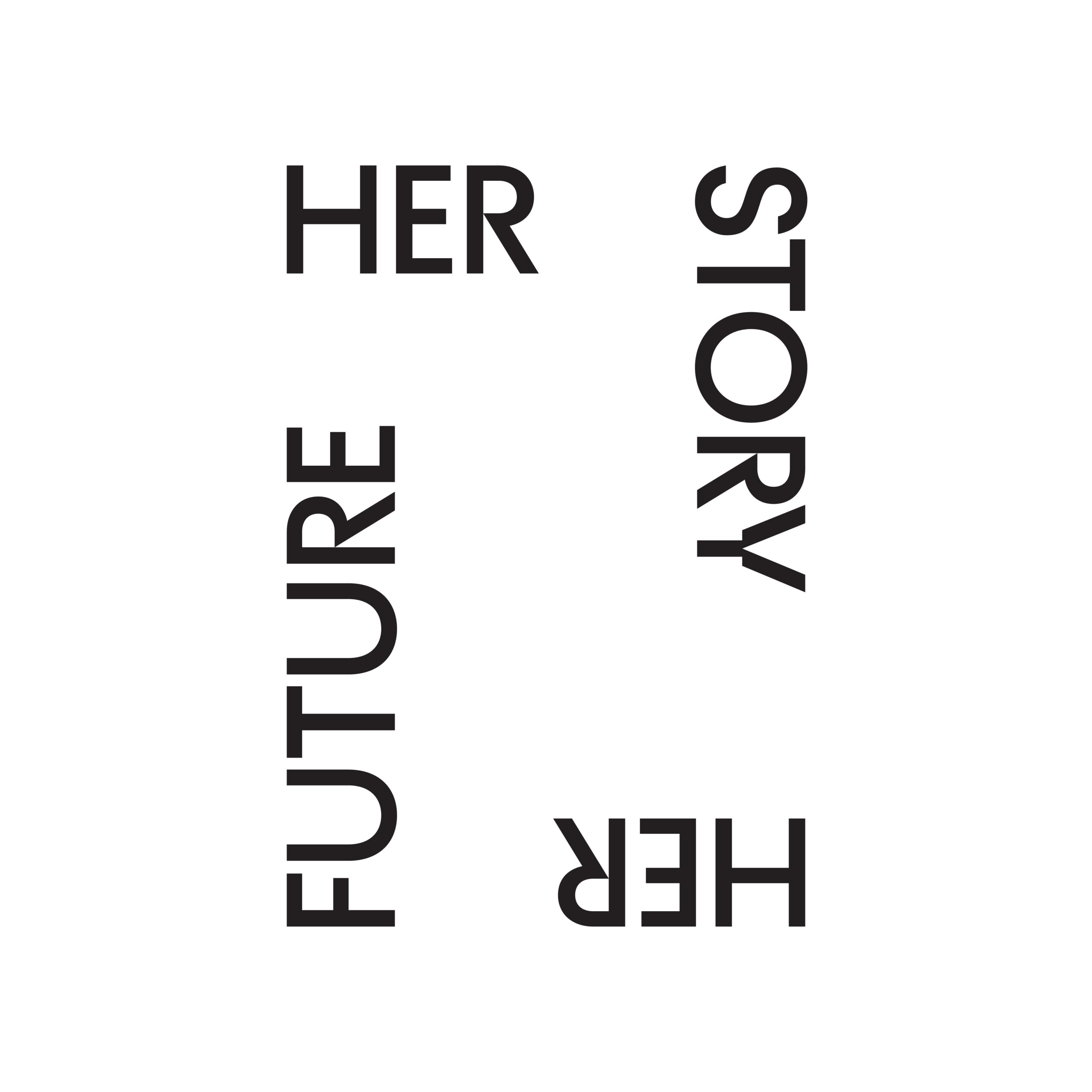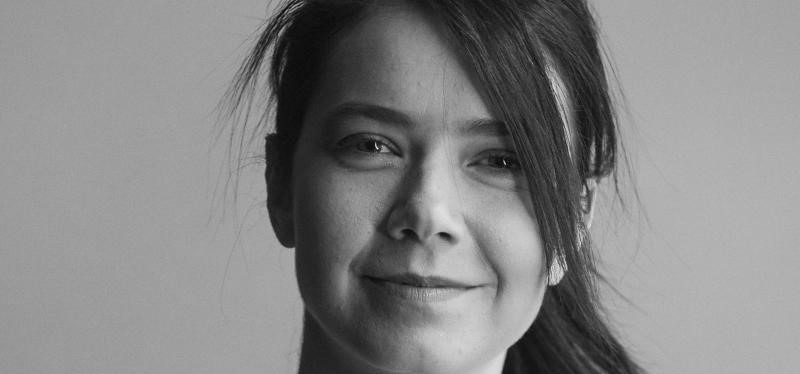Her Story, Her Future: How did your love story with movies start? What did little Alina Grigore want to become when growing up?
Alina Grigore: I remember that my first contact with directing happened in the 2nd grade when, in the desire to be liked by my teacher, I would imagine stories where I would save her. These stories took the form of a film in my head. Then I realized that almost everything in my life was happening visually in my mind, in the sense that even a lesson or an explanation I heard, any interaction with other children or with my parents, took on a visual contour in my imagination. I acted for a while, probably because the desire to release my emotions was stronger, but somehow directing was by far what I felt compelled to do. I was very close to studying medicine. I still think about this when I feel that stories cannot change the world. But overall, I know that only stories can change the world.
HSHF: What are the personal skills a professional needs in this industry? Do you think that a woman brings something different to the table; not better, not worse, just different?
AG: I believe that empathy is probably the most important trait that anyone should have in any profession. From that, you will know how to understand the other person, and from that, a team that works well and communicates is born. Cinema is a team art and a social art, regardless of the theme a story addresses. The first step towards a good film is a fantastic team. And yes, I believe that women can work better with the emotions that may arise on the set and those that will subsequently appear on the screen.
HSHF: Did you have unrealistic expectations about your profession? If so, when did you realize that was the case and what did you do about it?
AG: I was absolutely convinced that those from the more experienced generations would entirely support me in my artistic endeavors. And I’m speaking about educational support, advice, opinions, etc. Despite receiving a lot of support, I was quite shocked when I realized that some of the great directors in our country do not take on a mentoring role and somehow prefer to keep their secrets to themselves. I feel that the new generation is much more generous, and I only hope that we will maintain this, that we will cooperate and collaborate, even after gathering all the golden little animals and plants of the A-category festivals. Although I sincerely believe that this should not be what places an artist in the category of the good ones.
HSHF: What helps you get up and show up every day?
AG: Now my daughter, Eva Maria. Until her birth, my passion for what I do would wake me up. Do what you love, and you’ll never work a day in your life applied to me as long as I can remember. By far, what I love the most is working with actors, hence the passion for pedagogy.
HSHF: It is generally a safe assumption that people make mistakes: can you name the ones you’ve made along the way and that you have learned from? How about the ones that you feel you keep making even now?
AG: The second class I teach at the acting school is about making mistakes. I believe that school should not be the only place to make mistakes and experiment. If you stop experimenting, you can walk away from art. Any mistake, even the ones you repeat, teaches you something. I forget to eat and sleep, which can disrupt my creative process. I still do this. I don’t know how to fix it, so for now, I’m taking responsibility for it. I believe the biggest mistake you can make is to judge someone or make reproaches to them. There is a huge difference between criticism and reproach, and you must know how to ask for improvement in certain aspects, without blaming anyone. For example, I’m the kind of person who would rather be left imperfect if you don’t know how to communicate coherently and empathetically with me.
HSHF: What is your piece of wisdom that goes against conventional wisdom in your field?
AG: I don’t care much about the results you’ve had so far, although I understand that your resume and awards can be a good selling point. But I believe you can become marketable even if your resume is empty, as long as you blend the human aspect with the artistic one.
HSHF: Can you name three women that have inspired you professionally?
AG: Ana Aslan, Ada Solomon, and Gabi Suciu. Ana Aslan for her ability to fully dedicate herself to her passion in an era where women truly struggled. Ada Solomon for all her producer skills, and Gabi Suciu for her passion, courage, organizational spirit, and diplomacy.
HSHF: How about three women that have supported you?
AG: Ana Aslan, Ada Solomon, and Gabi Suciu. Just kidding. I didn’t know Ana Aslan, but I would have liked to. There are so many… It’s very, very difficult for me to choose. Gabi Suciu is by far the person who supported me the most in the industry. She produced all of my films. Cristina Săvuică is the person who supported me in every way, emotionally, financially, professionally, spiritually, and so on. Mirona Radu was the woman who was there with a magical wand and many projects we somehow worked at from a distance, but together. And Juliette Lepoutre with all her feedback and patience. But there are also Ada Solomon, Parta Spanou. So, I don’t have three. I probably have 300.
HSHF: What advice would you give to a young professional that you have received or would have wished to receive yourself?
AG: Don’t stop. There are no obstacles or problems, only challenges.

